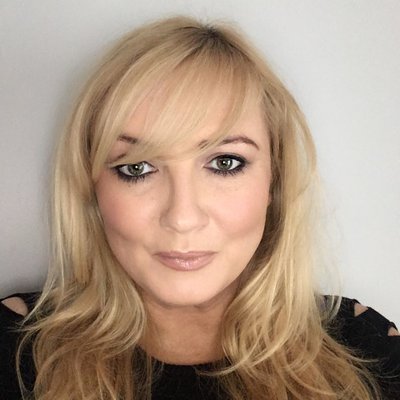[vc_row][vc_column][vc_column_text]
Belfast-based Irish News security correspondent Allison Morris told Index on Censorship her concerns about the Counter-Terrorism and Border Security Bill in its current form.
The bill would have significant implications for journalism and media freedom. Lack of clarity and definition in many of its clauses would add to the difficulties that the bill would create for journalists. Journalists in Northern Ireland would face particularly acute problems.
“The bill proposes making it an offence to express and opinion or belief that is in support of a proscribed organisation,” Morris said. There are currently 14 proscribed organisations in Northern Ireland.
Morris has reported on dozens of statements from paramilitary groups for acts they have committed — from bombings and shootings to murder. “While I’m always aware that these claims can be used for propaganda purposes the public interest in knowing who was responsible for such acts of terror I believe outweighs that.”
She says knowing who is responsible is crucial to getting authorities to carry out an “adequate” investigation. The Counter-Terrorism bill’s opaque terminology means that “without clarity any journalist carrying a statement from a proscribed group could technically be breaking the law,” Morris said.
Morris says this has possible implications for reporting and documenting the history of Northern Ireland’s conflict, and wonders would it mean never to speak to or interview an ex-prisoner or former participant in the conflict.
“The bill also proposes making it illegal to publish an image which would arouse reasonable suspicion that the offender was a member or supporter of a proscribed organisation – in local terms this means covering parades, funerals or statements of intent could lead to the arrest of journalists and photographers,” she said.
Morris said that at a time when investigative journalism is under attack globally “such Draconian laws could impact the ability of security journalists to properly – and without fear of arrest – pursue stories connected to terror groups.”
“That seems a very dangerous tactic and one that should be resisted by anyone in favour of a free and independent press.”
Index is calling on the House of Lords to stop the bill being enacted in its current form.[/vc_column_text][vc_basic_grid post_type=”post” max_items=”8″ style=”load-more” items_per_page=”4″ element_width=”6″ grid_id=”vc_gid:1539017012819-9c1318f9-7fa2-6″ taxonomies=”27743, 26927″][/vc_column][/vc_row]






